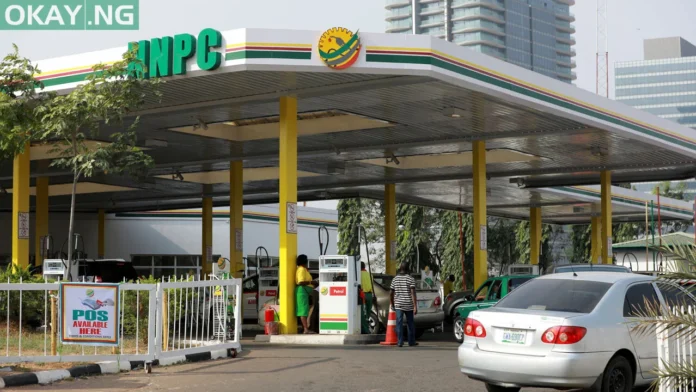ABUJA: Nigeria, Africa’s largest oil producer, is set to introduce a 5% surcharge on all fossil fuel sales beginning January 2026.
The levy, embedded in the 2025 Tax Act, will be collected at the point of sale and applies strictly to fossil-based products produced or sold within the country. Exemptions include clean energy, household kerosene, cooking gas, and compressed natural gas.
Framed as a price-based incentive, the policy mirrors a carbon tax in design and intentpushing consumers away from fossil fuels while generating government revenue.
This double dividend approach, common in advanced economies, is both a climate and fiscal tool.
Importantly, the surcharge was introduced as part of a broader tax reform package, similar to Sweden’s strategy in the 1990s. Such integration reduces public backlash, aligns policies, and signals long-term economic direction.
For Nigeria, it reflects a bold attempt to wean the nation off its six-decade-long dependence on crude oil.
If implemented effectively, the policy could help Nigeria decouple economic growth from emissions, honor its climate commitments, and mobilize resources for sustainable development.
This follows two landmark reforms: the removal of fuel subsidies in 2023 and increased electricity tariffs in 2024 both of which triggered a boom in renewable energy adoption.
By 2024, Nigeria ranked 4th in Africa for solar energy uptake, adding 63.5 MWp and raising its total installed capacity to 385.7 MWp.
Despite its promise, the policy has shortcomings. A flat 5% levy risks widening inequality in a nation already grappling with poverty and a shrinking middle class.
Millions of households and SMEs depend on petrol generators; taxing them at the same rate as wealthier consumers is regressive.
A progressive surcharge where higher consumption attracts higher rates—would better reflect Nigeria’s socio-economic realities.
Equally troubling is the lack of clarity on revenue utilization. The Act does not specify how funds will be deployed.
In contrast, Sweden and British Columbia adopted revenue-neutral carbon taxes, redistributing proceeds through rebates and tax cuts.
Nigeria’s surcharge lacks such a safety net, leaving citizens unsure whether the funds will finance a green transition or disappear into opaque government accounts.
For credibility, the government must guarantee transparency in monitoring, reporting, and applying revenues.
Proceeds could replenish the Climate Fund, strengthen the National Climate Change Council, and finance homegrown solutions like electric vehicles, battery research, and charging infrastructure.
Done right, this would reduce dependence on foreign loans and grants for climate action.
The Intergovernmental Panel on Climate Change estimates that developing countries need $2.4 trillion annually by 2030 for climate and nature-related investments.
Nigeria cannot rely solely on aid; it must generate internal resources.
Though the new surcharge may inflict short-term pain, its long-term benefits could outweigh the costs, as seen in Denmark, where incentives turned electric vehicles into the country’s best-selling cars in 2024.
For decades, Nigeria has remained locked in its oil dependence, in uniform motion, to borrow from Newton’s First Law. This surcharge may be the external force needed to set the country on a new trajectory toward a cleaner, diversified, post-oil future.
But like the butterfly effect, the true impact of this 5% levy will only unfold over time. The danger lies not in the policy itself but in squandering the opportunity it presents.



